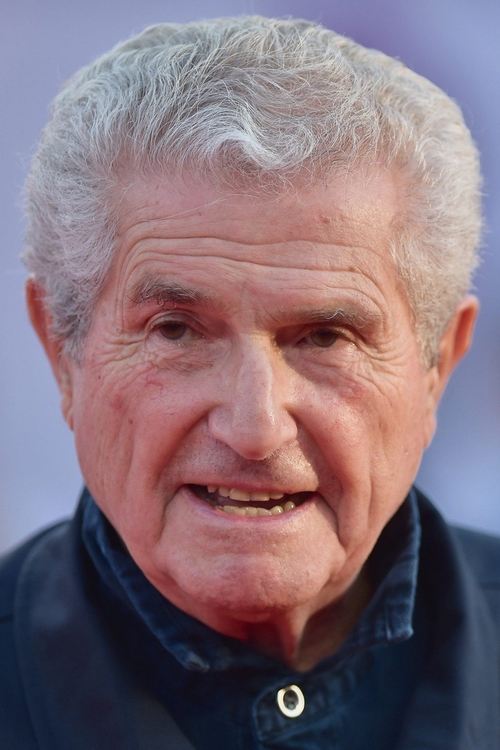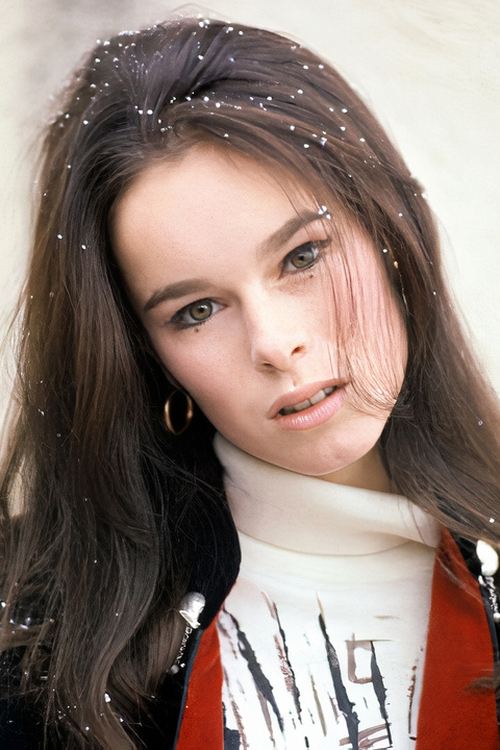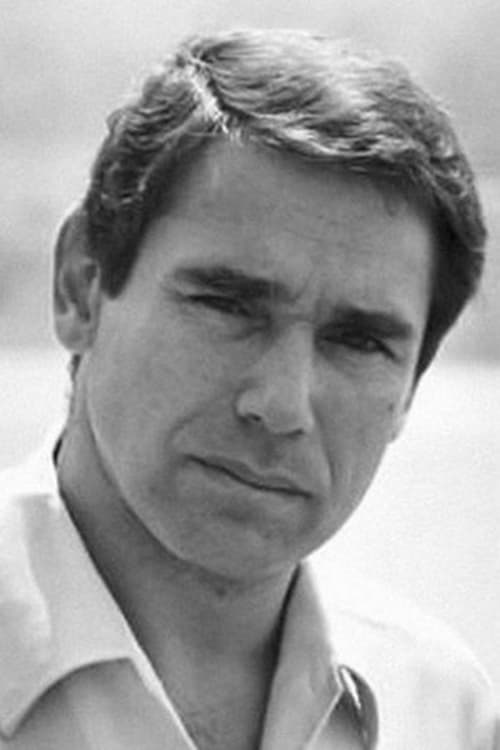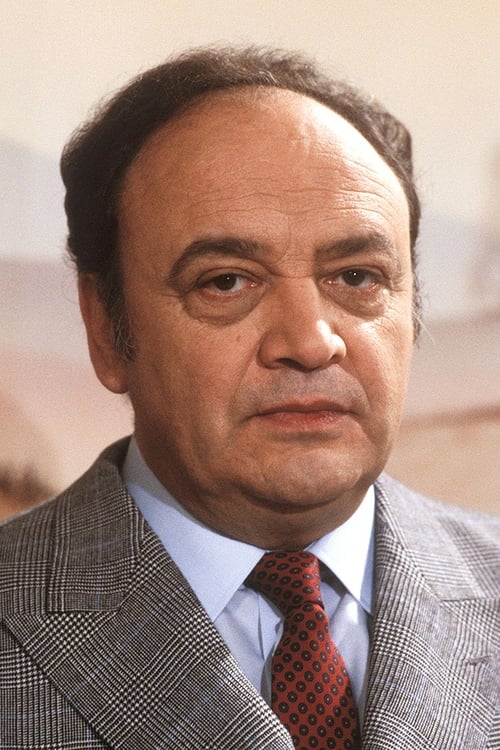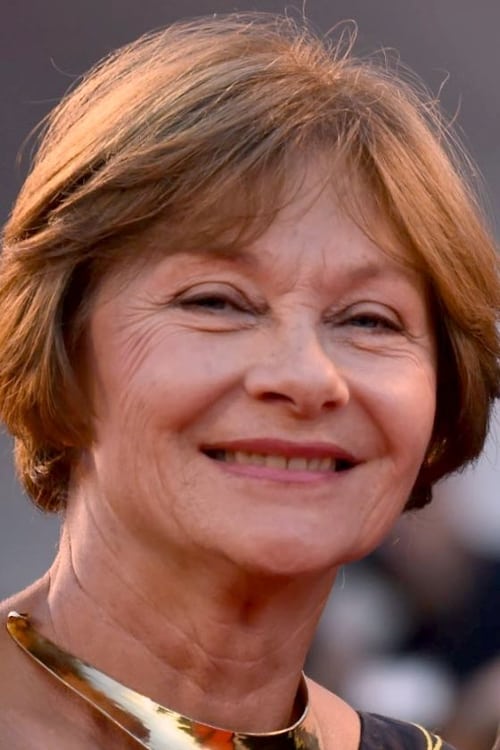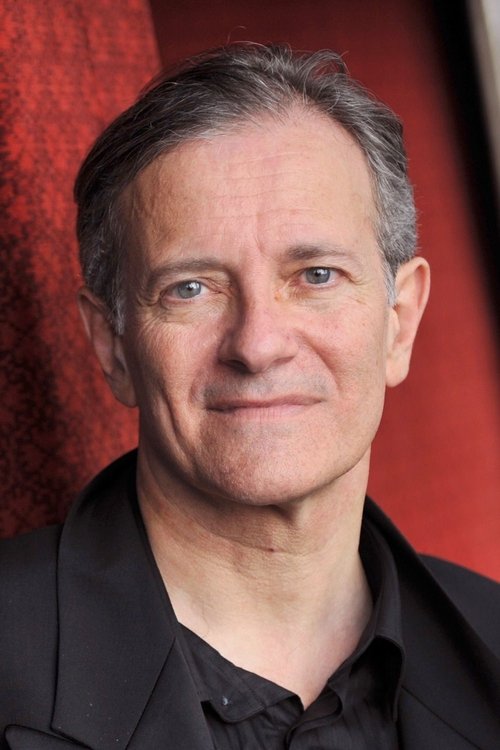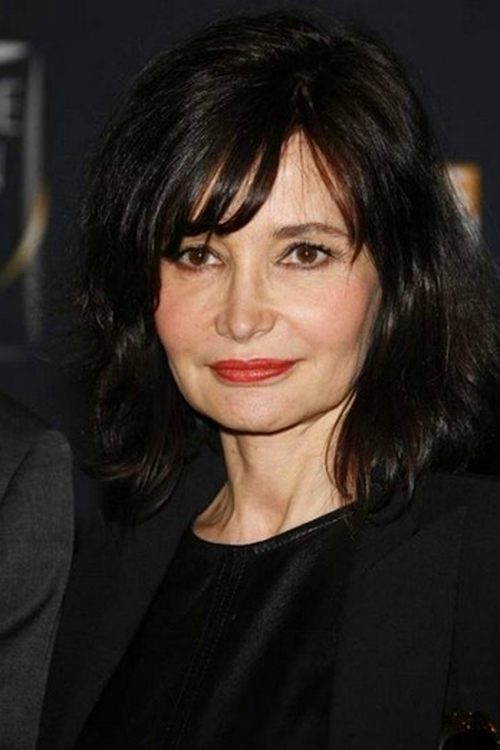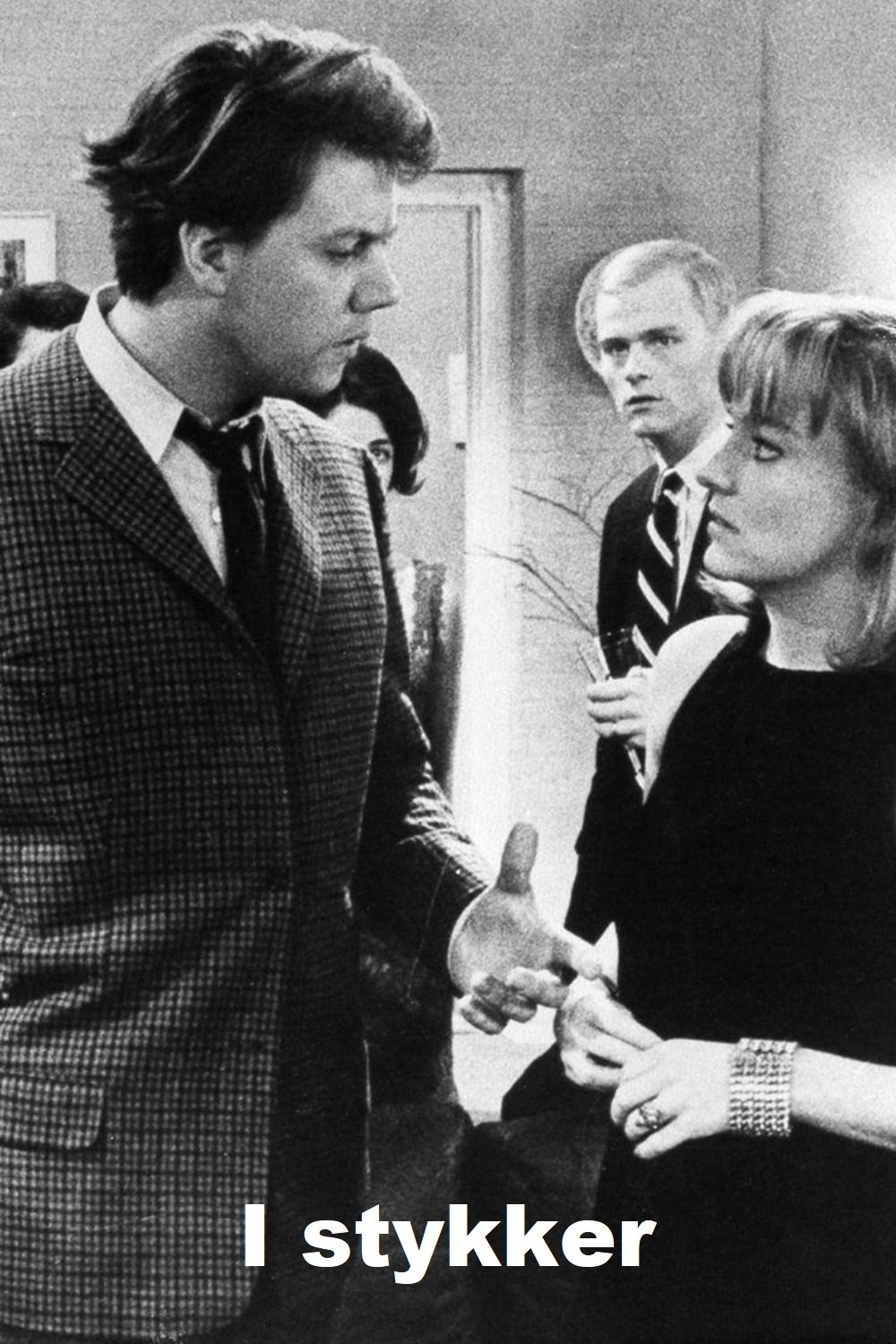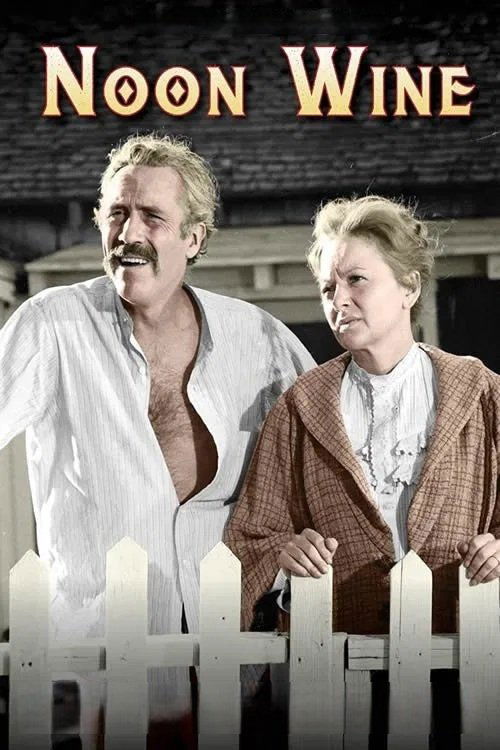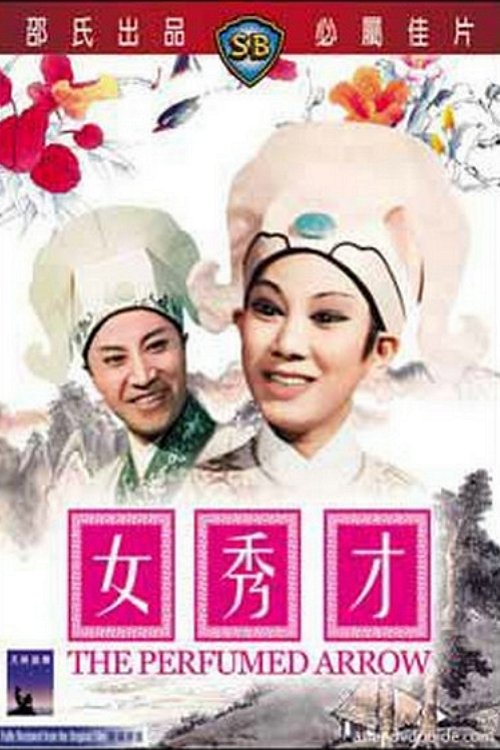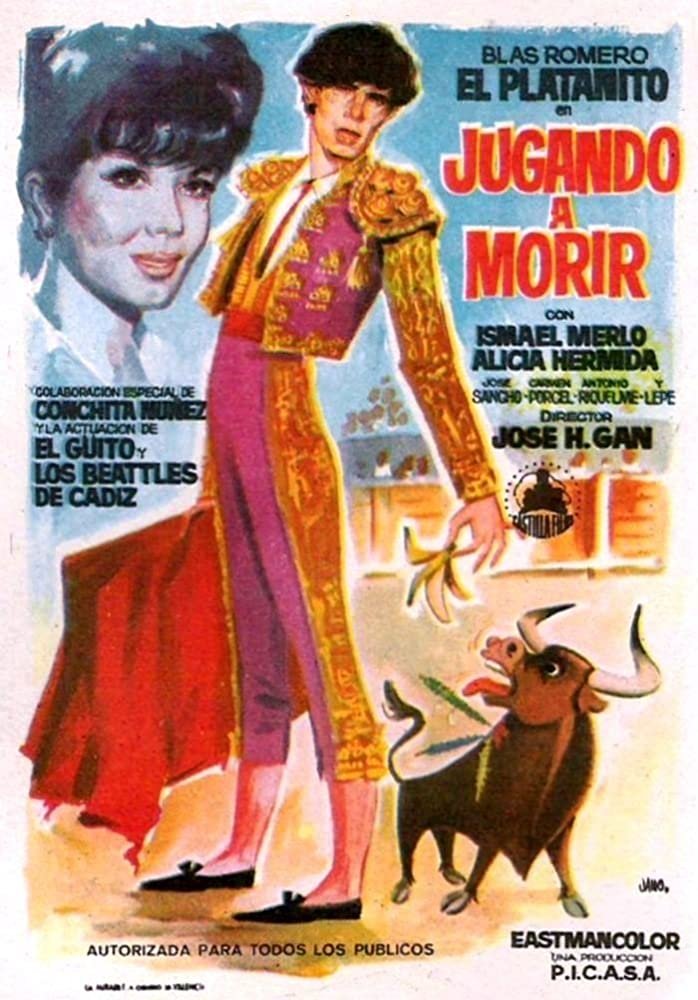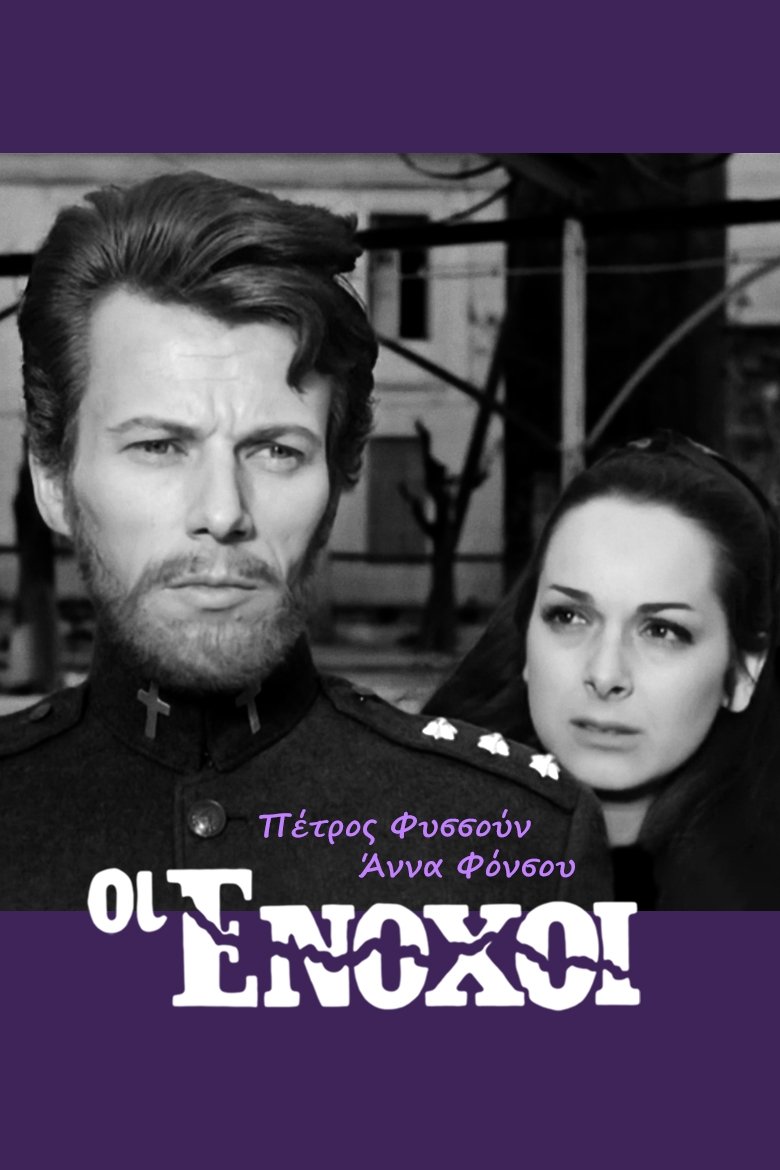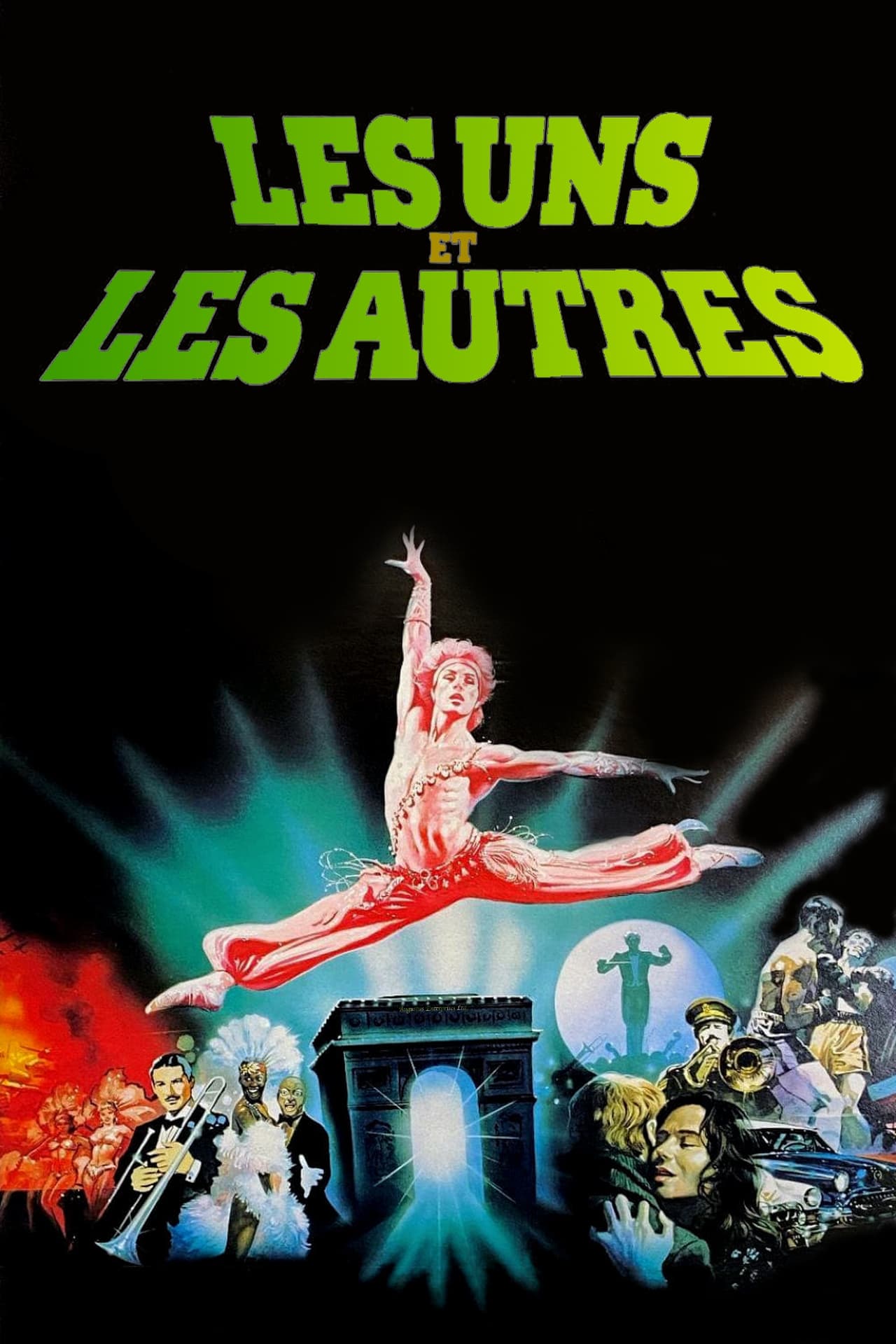
Bolero
The film follows four families, with different nationalities (French, German, Russian and American) but with the same passion for music, from the 1930s to the 1960s. The various story lines cross each other time and again in different places and times, with their own theme scores that evolve as time passes. The main event in the film is the Second World War, which throws the stories of the four musical families together and mixes their fates. Although all characters are fictional, many of them are loosely based on historical musical icons (Édith Piaf, Josephine Baker, Herbert von Karajan, Glenn Miller, Rudolf Nureyev, etc.) The Boléro dance sequence at the end brings all the threads together.
1-Month Subscription
71 thousand Toman
۲۰٪ discount
59 thousand Toman
31 day
3-Month Subscription
215 thousand Toman
۲۰٪ discount
179 thousand Toman
90 day
POPULAR CHOICE
6-Month Subscription
407 thousand Toman
۲۰٪ discount
339 thousand Toman
180 day
1-Year Subscription
719 thousand Toman
۲۰٪ discount
599 thousand Toman
365 day
No trailer available.
Les Uns et les Autres is a 1981 French film by Claude Lelouch. The film is a musical epic and it is widely considered as the director's best work, along with Un Homme et une Femme . It won the Technical Grand Prize at the 1981 Cannes Film Festival. In the United States, it was distributed under the name Boléro in reference to Maurice Ravel's orchestral piece, used in the film. The film was very successful in France with 3,234,549 admissions and was the 6th highest-grossing film of the year.
